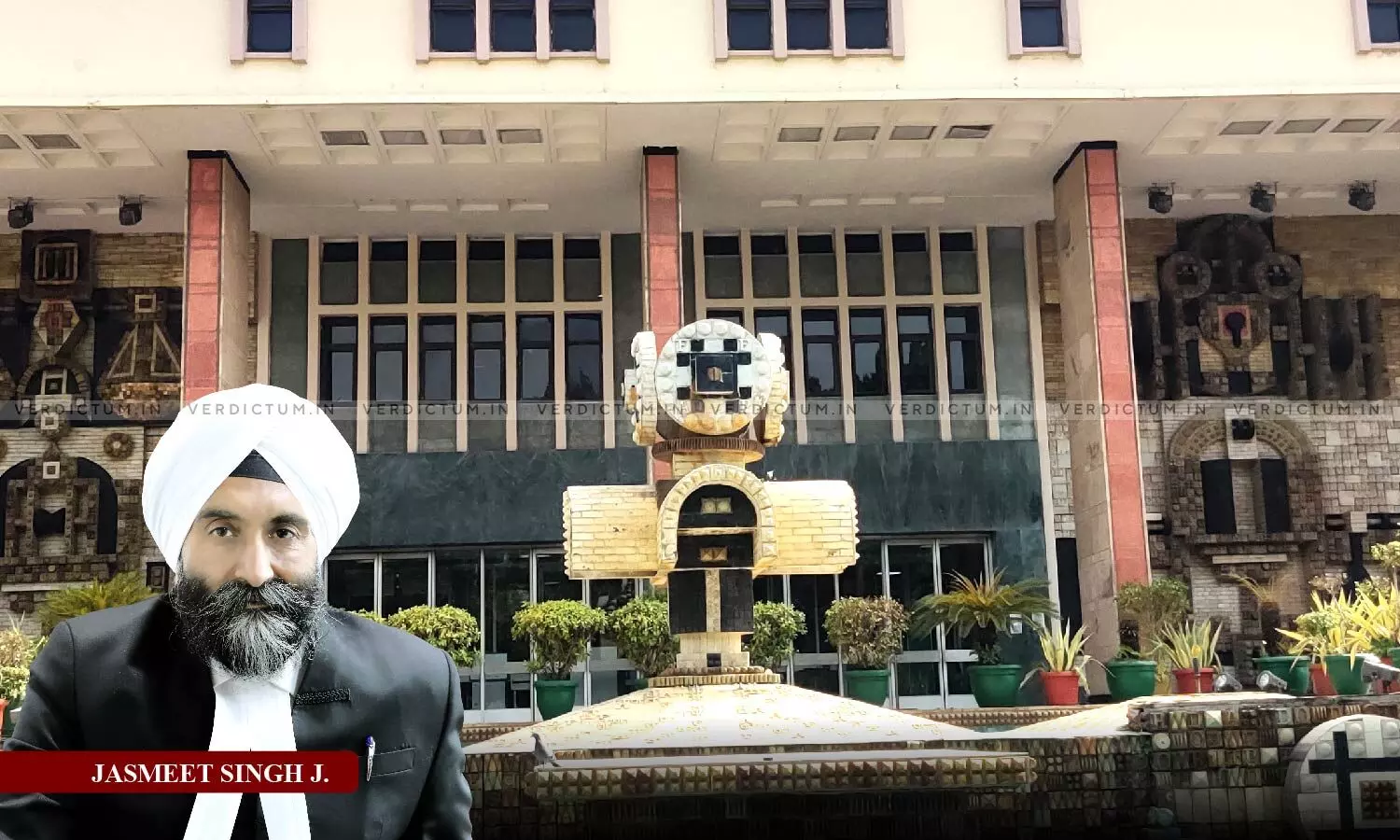
Unregistered Deed Of Lease For Over A Year Can Be Used Only For Collateral Purpose: Delhi HC
 |
|The Delhi High Court has observed that an unregistered lease agreement which was required to be registered, can only be used for collateral purposes.
In that context, the Bench of Justice Jasmeet Singh observed that, "On perusing the above sections of TP Act 1882 and The Registration Act 1908, it is evident that lease deed for more than a year has to be a registered document and in the absence a registered document, it can only be used for the collateral purpose."
Counsel Santosh Pratap appeared for the appellant, while Counsel Samyan Khetarpal, and others, appeared for the respondents.
In this case, the appellant challenged a trial court's decision, shedding light on the intricacies of the landlord-tenant relationship in India.
The dispute centred around a property in Shahdara, Delhi, where the appellant and another party were tenants. The key contention arose from the appellant's assertion of a second lease agreement with different terms.
The High Court took the view that although notice under Section 106 of TP Act 1882 wasn't served or was disputed by the tenant, then also upon issuance of summons with the copy of plaint and notice, it is deemed that notice has been served and 15 days period is to be counted therefrom. In that context, it was further said that, "the tenancy of the appellant is terminated upon receiving summons. Hence the argument of the appellant that no notice under Section 106 of TP Act was served upon him does not hold any merit and is rejected."
The Court noted that there was no written statement and the averments made in the reply to the application cannot be substituted in place of a written statement as it is the primary pleading. In that context, it was further said that, "Written statement is a part of the pleading and on the basis of the plaint and written statement, trial court is obliged to frame issues and proceed in the manner in accordance with law. Learned trial court in the present case on the basis of written pleadings including the only reply filed by the appellant passed the preliminary decree of possession on the basis of admissions made by the appellant. Hence, there is no pleading on record to show that the appellant was not in possession of the tenanted premises pursuant to the first agreement."
Therefore, it was held that the relationship between the landlord and the tenant was proven. It was further observed that as per the appellant's own admission, the rate of rent was Rs. 5000 per month, and therefore, the tenancy was not a protected tenancy under the Delhi Rent Control Act, 1958
Cause Title: Nawabuddin vs Shaffiulla @ Raja
Click here to read/download the Judgment